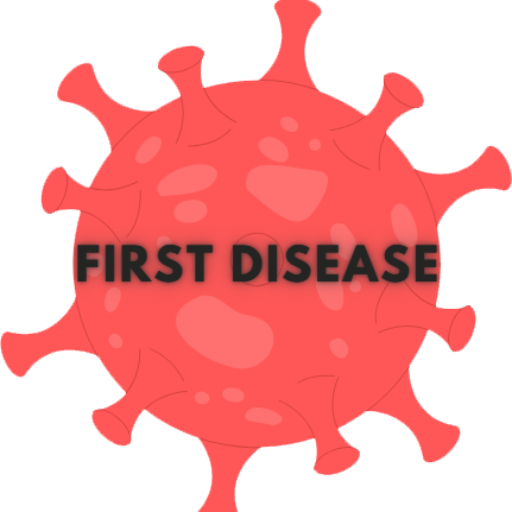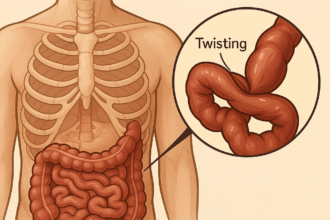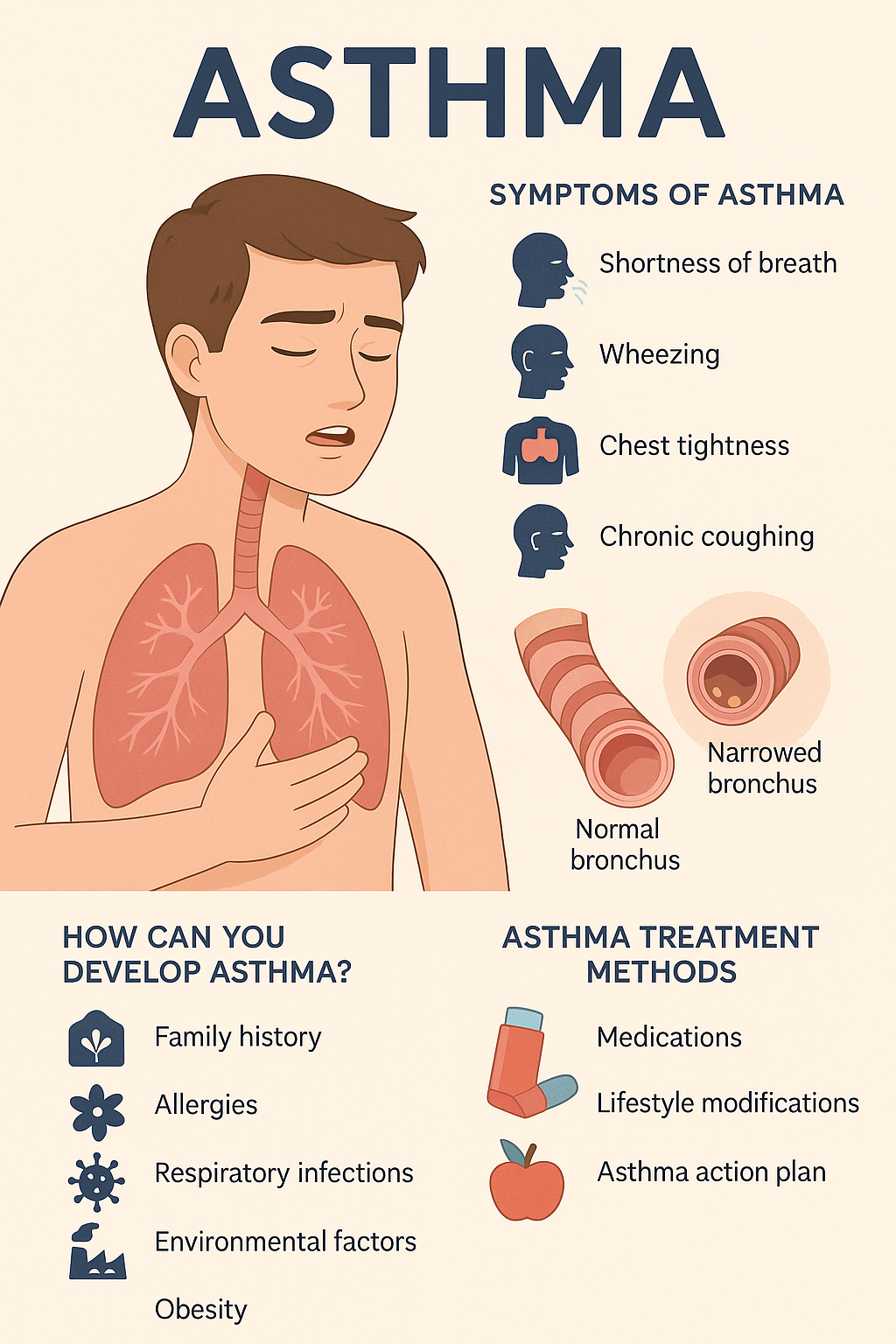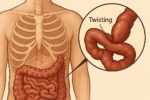Causes of Depression and How It Can Be Treated
Depression, a pervasive mental health condition, transcends geographical boundaries and affects millions worldwide. It doesn’t discriminate—it can afflict anyone regardless of age, gender, or socioeconomic status. Understanding its causes and exploring treatment options is essential in combating its debilitating effects. This article delves deeply into the intricate web of depression’s origins and outlines comprehensive approaches to treatment.
What Causes Depression?
Depression’s origins lie in a complex interplay of biological, psychological, and social factors. While it’s often impossible to pinpoint a single cause, researchers have identified key contributors:
Biological Factors
-
Genetic Predisposition:
- Family history plays a significant role. Individuals with relatives diagnosed with depression are at a higher risk of developing the condition themselves. Specific genes that influence neurotransmitter regulation may make some people more vulnerable.
-
Neurotransmitter Imbalance:
-
Causes Depression is often linked to dysregulated levels of serotonin, dopamine, and norepinephrine. These chemicals are vital for mood regulation, and their imbalance can lead to depressive symptoms.
-
-
Hormonal Changes:
- Hormonal fluctuations—especially during pregnancy, postpartum periods, and menopause—can contribute to depression. Similarly, conditions such as hypothyroidism or chronic stress may impact hormone production and exacerbate depressive tendencies.
Psychological Contributors
-
Childhood Trauma:
- Experiencing neglect, abuse, or the loss of a loved one during formative years can predispose individuals to depression later in life.
-
Cognitive Patterns:
- Negative thinking styles, including tendencies to catastrophize or focus exclusively on self-criticism, perpetuate cycles of sadness and despair.
-
Personality Traits:
- Perfectionism, dependency, and low self-esteem are correlated with heightened depression risk.

- Perfectionism, dependency, and low self-esteem are correlated with heightened depression risk.
Social and Environmental Factors
-
Isolation and Loneliness:
- Lack of social support or prolonged periods of solitude can increase vulnerability to depressive thoughts.
-
Chronic Stress:
- Financial strain, abusive relationships, or high-pressure work environments may overwhelm coping mechanisms.
-
Major Life Transitions:
- Divorce, job loss, or moving to a new city may contribute to feelings of uncertainty and sadness.
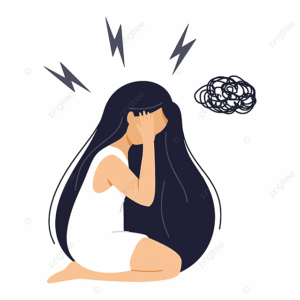
How Can Depression Be Treated?
The treatment of depression is tailored to the individual and often involves a multifaceted approach. While no one-size-fits-all solution exists, a combination of therapeutic strategies and lifestyle modifications can yield significant improvements.
Psychotherapy
Psychotherapy has proven to be one of the most effective ways to address depression. It helps individuals identify the root causes of their emotional pain and equips them with tools to overcome challenges.
-
Cognitive Behavioral Therapy (CBT):
- CBT focuses on identifying and altering negative thought patterns. Patients learn to challenge cognitive distortions and replace them with healthier, more adaptive thinking.
-
Interpersonal Therapy (IPT):
- IPT aims to address issues related to relationships and social dynamics. By improving interpersonal skills, patients can find relief from feelings of isolation.
-
Dialectical Behavior Therapy (DBT):
- Originally developed for borderline personality disorder, DBT is increasingly recognized for its utility in treating depression. It emphasizes emotional regulation and mindfulness techniques.
Medication
In cases of moderate to severe depression, medication may be prescribed alongside therapy:
-
Antidepressants:
- Selective serotonin reuptake inhibitors (SSRIs) like fluoxetine and sertraline are commonly used. These drugs help balance neurotransmitters to alleviate symptoms.
- Other types include serotonin-norepinephrine reuptake inhibitors (SNRIs) and tricyclic antidepressants (TCAs).
-
Mood Stabilizers:
- In certain cases, mood stabilizers may be prescribed, particularly if depression coexists with bipolar disorder.
-
Regular Monitoring:
- Medication requires close supervision by healthcare professionals to avoid side effects and ensure proper efficacy.
Lifestyle Modifications
Small changes in daily habits can have profound effects on mood and overall well-being.
-
Physical Activity:
- Exercise releases endorphins—natural mood boosters. Activities such as yoga, jogging, or swimming are especially effective.
-
Healthy Eating:
- Nutrient-rich foods like omega-3 fatty acids, whole grains, and leafy vegetables promote brain health.
-
Sleep Hygiene:
- Restful sleep is essential for emotional resilience. Practicing consistent sleep patterns and avoiding blue light exposure before bedtime can help regulate cycles.
Support Systems
Emotional support from loved ones can be transformative. In addition:
-
Support Groups:
- Joining groups with shared experiences fosters connection and provides valuable coping strategies.
-
Peer Networks:
- Engaging with trusted peers can reduce feelings of alienation.

Advanced Interventions
For severe or treatment-resistant depression, other options may be explored:
-
Electroconvulsive Therapy (ECT):
- Though often misunderstood, ECT remains a highly effective option for individuals who do not respond to traditional treatments.
-
Transcranial Magnetic Stimulation (TMS):
- TMS uses magnetic pulses to stimulate specific areas of the brain linked to mood regulation.
-
Emerging Therapies:
- Ketamine therapy and psychedelic-assisted treatments are being investigated for their rapid and promising effects.
Final Thoughts
Depression is a complex yet treatable condition. Seeking help is the most important step toward healing. By combining therapies, medication, and lifestyle changes, individuals can regain control over their lives. Early intervention and consistent support are key to preventing the long-term effects of depression and fostering resilience.
Remember, if you or someone you know is struggling, professional assistance is always within reach. Empowerment begins with understanding—and from understanding grows hope.
Don’t forget to check our page for similar diseases and treatments.
